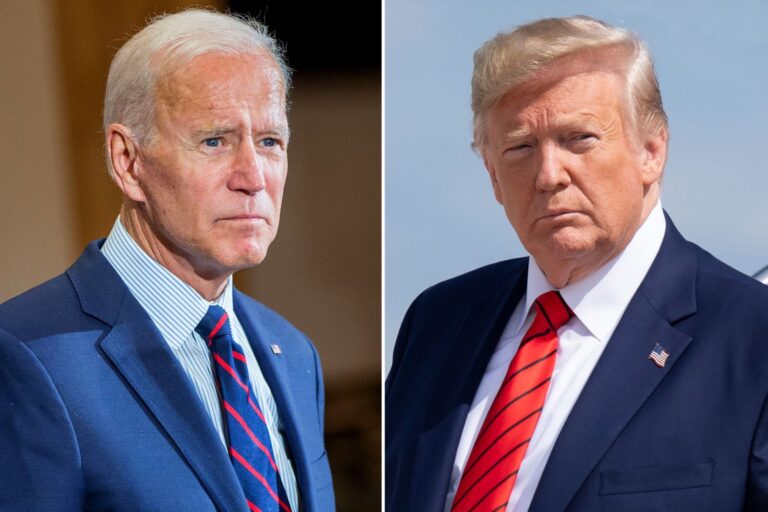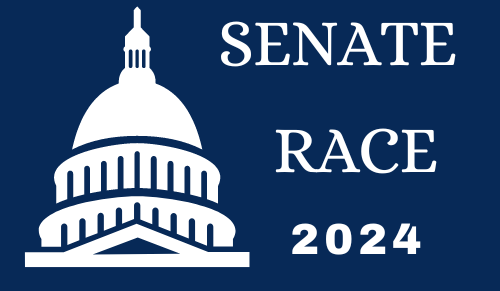Biden and Trump have both agreed to participate in debates - scheduled for June and September

Biden and Trump have both agreed to participate in debates set for June and September, promising primetime showdowns that could reshape the White House race.
The first debate, hosted by CNN on June 27 in Georgia, will see moderators Jake Tapper and Dana Bash leading the discussion, sans audience. The second debate, slated for September 10 and hosted by ABC, will be moderated by David Muir and Linsey Davis, although the location is yet to be announced.
Robert F. Kennedy Jr., running as an independent, initially accused the major candidates of scheming to exclude him from the debates. However, he later confirmed on X that he would meet the requirements to qualify for the CNN debate.
In a parallel development, Trump announced on Truth Social his acceptance of an invitation from Fox News for a third debate on October 2. Biden’s campaign chairwoman, Jen O’Malley Dillon, clarified that Trump had agreed to the terms of two one-on-one debates proposed by Biden.
While Biden proposed two televised debates in June and September, Trump, eager for more opportunities, suggested debates every month. This proposal was backed by the Trump campaign, arguing for more chances for the American people to hear directly from the candidates.
However, Biden’s proposal deviates from established traditions. It bypasses the presidential debate commission and suggests two debates instead of the usual three, with no live audience—a move aimed at avoiding the disruptions witnessed in previous debates.
What's the reasoning behind scheduling the first debate so soon?
The requirement for no live audience and the deactivation of the non-speaking candidate’s microphone are further departures from tradition, with Biden’s team arguing that raucous crowds hinder meaningful debate.
Trump, on the other hand, advocated for large audiences, emphasizing the excitement they bring to the debates. He also suggested that debates should last two hours and candidates should stand for the duration.
The first debate’s scheduling in June is unprecedented, occurring before both party conventions and giving candidates more time to recover from any potential poor performance. This move aims to reduce the debates’ impact on the outcome of the November election.
Meanwhile, RFK Jr.’s bid to qualify for the debates faces significant hurdles. CNN‘s rules require participants to appear on enough state ballots to gain the minimum 270 electoral votes and receive at least 15% support in four recognized polls—a challenge for third-party candidates like him.
Despite these obstacles, RFK Jr.’s campaign is making strides, with ballot access in multiple states and polling figures slightly below the CNN guidelines. However, CNN has yet to comment on his qualification claims.
Amid these developments, Biden chuckled at a reporter’s question about debating the independent candidate, perhaps signaling his confidence in the proposed debates’ format and timing.
